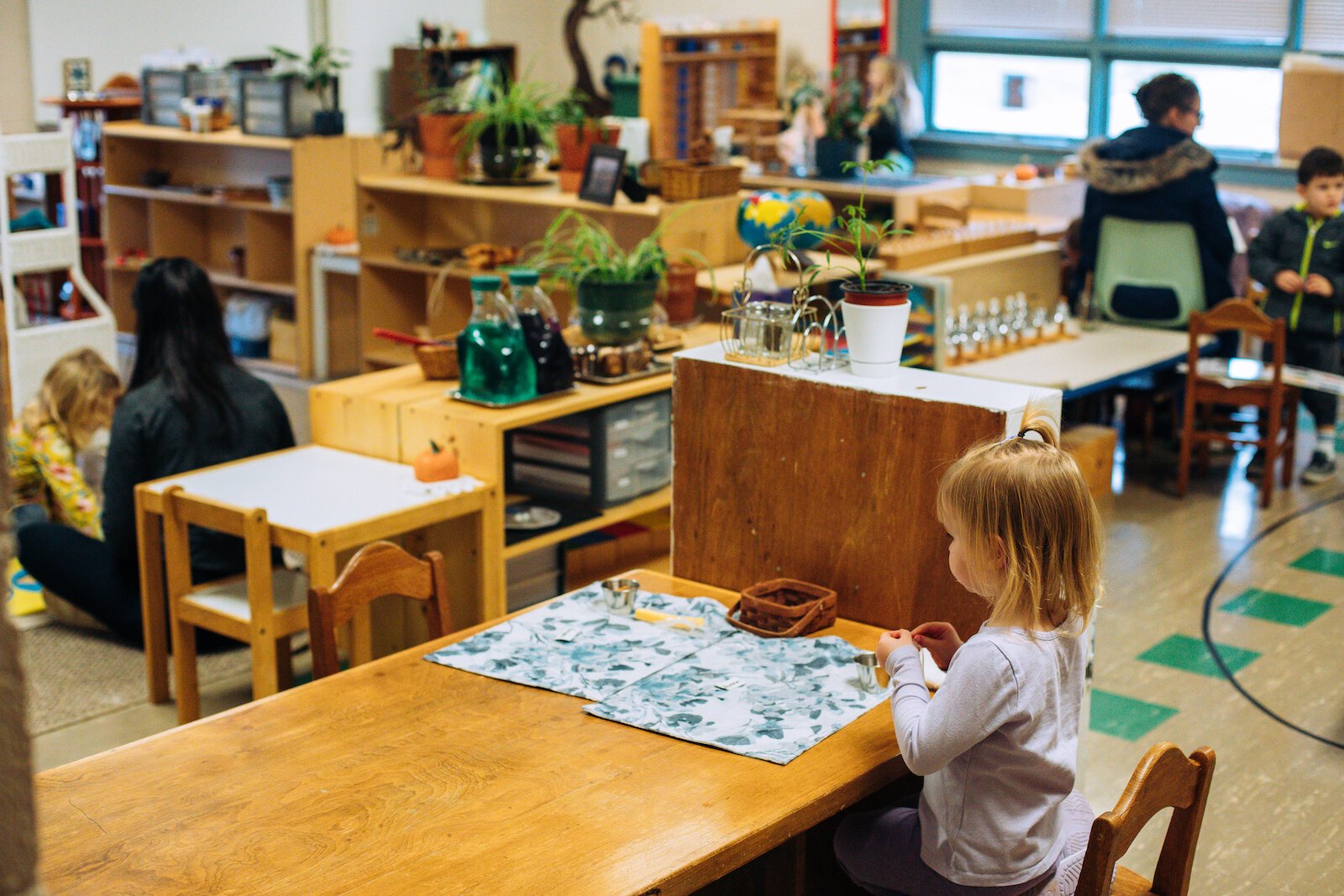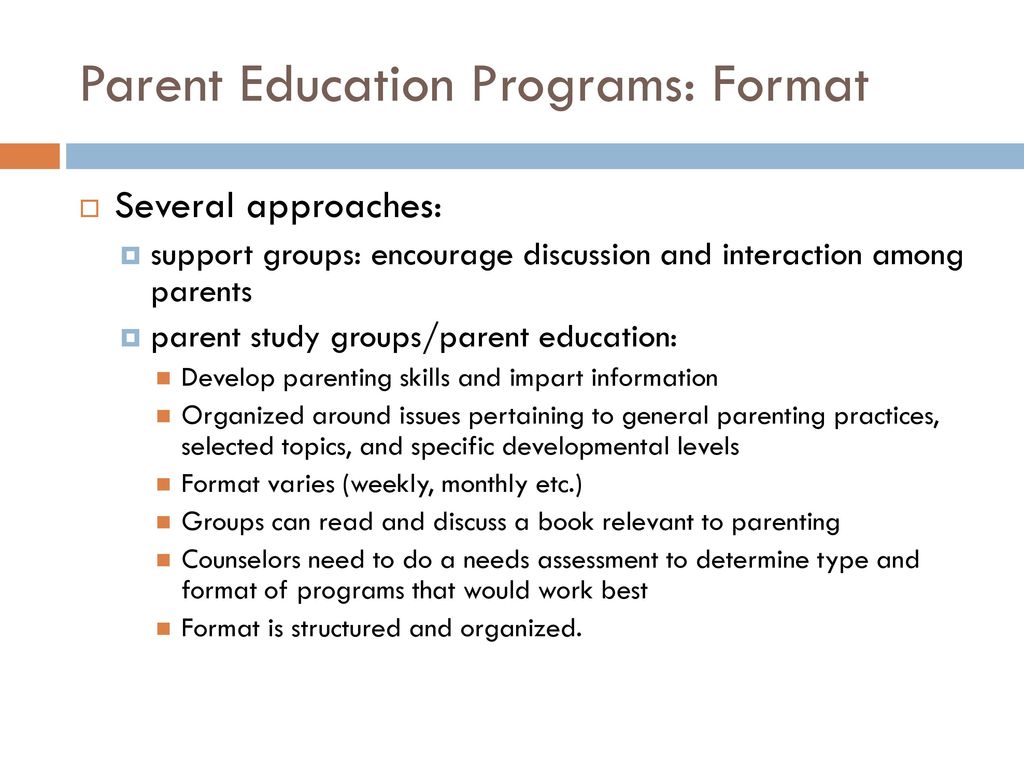
Embarking on Educational Journeys: Montessori Elementary Education Unveiled
Montessori Elementary Education stands as a beacon of innovative and student-centric learning, drawing inspiration from the principles laid out by Dr. Maria Montessori. In this exploration, we delve into the distinctive features and transformative impact of Montessori education at the elementary level.
Philosophical Foundations: Montessori’s Vision for Elementary Learning
At the heart of Montessori Elementary Education lies Dr. Maria Montessori’s visionary philosophy. Building upon the principles established in early childhood education, the elementary phase emphasizes the continuation of child-centered, experiential learning. Dr. Montessori believed in respecting the unique developmental stages of children and fostering a love for learning that extends into the elementary years.
Integrated Curriculum Design: Connecting Knowledge Across Disciplines
Montessori Elementary Education is characterized by an integrated curriculum design that breaks down traditional subject boundaries. Rather than compartmentalizing knowledge, the curriculum encourages the interconnected exploration of subjects. This holistic approach allows students to grasp the relationships between different fields of study, promoting a comprehensive understanding of the world.
Elevating Independence: Nurturing Responsible Learners
A fundamental aspect of Montessori education is the emphasis on nurturing independence. In the elementary phase, students are encouraged to take on more responsibility for their learning journey. The classroom environment is designed to support self-directed exploration and decision-making. This intentional fostering of independence instills a sense of responsibility and ownership in each student.
Mixed-Age Groupings: Fostering Community and Mentorship
Montessori Elementary Education maintains the practice of mixed-age groupings, bringing together students of different ages within the same classroom. This dynamic structure fosters a sense of community, cooperation, and mentorship. Older students naturally become mentors, providing guidance and support to their younger peers, creating a collaborative and inclusive learning environment.
Practical Life Skills: Integrating Everyday Learning
Beyond academic subjects, Montessori Elementary Education places value on practical life skills. Students engage in activities that integrate real-life responsibilities, from caring for the classroom environment to participating in community projects. This hands-on approach to practical skills not only enriches their learning experience but also prepares them for active participation in society.
Cultivating Critical Thinking: Encouraging Inquiry and Exploration
Montessori Elementary Education places a strong emphasis on cultivating critical thinking skills. Students are encouraged to ask questions, investigate, and explore topics in depth. The curriculum is designed to spark curiosity and engage students in meaningful inquiry, fostering a love for learning and an analytical approach to problem-solving.
Individualized Learning Paths: Catering to Diverse Needs
Recognizing the diverse learning styles and paces of individual students, Montessori Elementary Education allows for personalized and individualized learning paths. The curriculum is adaptable to accommodate the unique strengths, interests, and challenges of each student, ensuring that every child receives the support they need to thrive academically and personally.
Global Perspective: Nurturing World Citizens
Montessori Elementary Education goes beyond national borders, instilling a global perspective in students. Cultural studies, exploration of world geography, and exposure to diverse perspectives contribute to the development of global citizens. This broader view of the world encourages empathy, understanding, and a sense of responsibility towards the global community.
Connection with Nature: Fostering Environmental Stewardship
Montessori education places a strong emphasis on the connection with nature. The elementary phase incorporates outdoor experiences, nature studies, and environmental projects to instill a sense of environmental stewardship. This connection with nature not only promotes a love for the natural world but also instills a sense of responsibility towards preserving and protecting it.
Explore the transformative impact of Montessori Elementary Education at igaseng.com. This platform embraces the principles of child-centered, experiential learning and provides insights and resources for educators, parents, and anyone interested in the holistic development of children through Montessori education.




